
We acknowledge that the UBC Vancouver campus is situated on the traditional, ancestral, and unceded territory of the xʷməθkʷəy̓əm (Musqueam).
About Us
Welcome to the School of Population and Public Health
With a full range of academic programming paired with world-class research that bridges multiple disciplines, we are known as one of the best places in Canada for public and population health experts to train, learn and grow. There has never been a greater need for training opportunities in public, population and global health, in a rich and unique environment, fully imbedded within the health-care delivery system of BC with a variety of groups and disciplines. Wherever you are in your journey – from learners and practitioners to faculty, researchers, and staff – we invite you to explore what our School has to offer and join us in improving societal health with the very best of our research-to-practice expertise.
Whether the focus is on professional practice, health system management and leadership or research and academia, our degree programs have produced distinguished population and public health stars in our communities and worldwide. Our graduates include Medical Health Officers across the country who were on the frontlines of the COVID-19 response and professionals who are instrumental in ensuring our work and community environments are safe and healthy places for all through the implementation of equitable and evidence-based best practices.
Decolonization, equity and inclusion are integral to everything we do at SPPH. As a school situated on the ancestral and unceded territories of the Musqueam First Nation, it is our responsibility to understand and enhance Indigenous cultural awareness at all levels. We are committed to addressing the Truth and Reconciliation Commission of Canada Calls to Action, including work that supports the implementation of the UBC Indigenous Strategic Plan and the UBC Faculty of Medicine Response to the Truth and Reconciliation Commission of Canada Calls to Action. Providing a safe environment for all our learners, staff and faculty is our priority, and we are proud to offer career-building opportunities to promote the advancement of individuals from historically marginalized and racialized communities in leadership positions. These are the fundamental pillars of effective population and public health for the optimal well-being of our society.
Dedicated to excellence and integrity, our ground-breaking work brought to life by our researchers, community partners, and graduates positively impact population and public health practices locally and globally. Our hope is that our world-class faculty and staff will help instill a life-long passion in you to foster healthier communities, and provide you the tools to create a meaningful and lasting impact in your field.
For me personally, it is a privilege and honour to lead the School. I am committed to continue enhancing and improving the academic experience for our learners and always welcome your feedback. My hope is that our world-class faculty and staff will help instill a life-long passion in you for improving the health of your communities and the world at large, and provide you the tools to create a meaningful and lasting impact in your field.
Dr. Aslam Anis PhD, FCAHS (He, Him, His)
Leadership

Aslam Anis
Director, SPPH
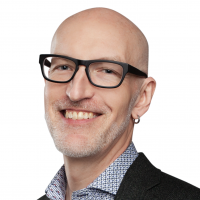
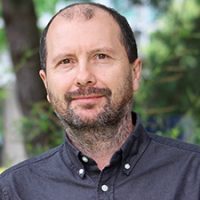

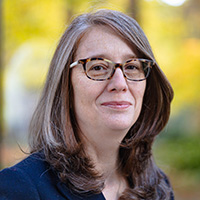
Trevor Corneil
Associate Director
Clinical Faculty Affairs
Trevor Dummer
Associate Director
Education
Rachel Murphy
Associate Director
Research
Louise Masse
Associate Director
Partnerships and Community Engagement
Our Divisions
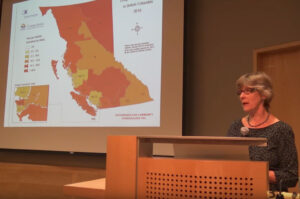
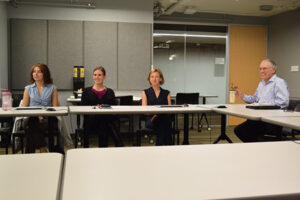
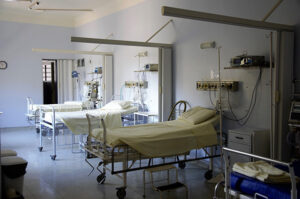
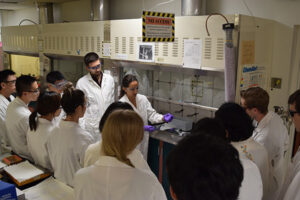
Epidemiology, Biostatistics and Public Health Practice
Health in Populations
Health Services and Policy
Occupational and Environmental Health
This Division addresses the fundamentals and practice of biostatistics and epidemiology, and contributes to the understanding of the etiology and prevention of disease through excellence in research. It also integrates public health teaching, research and practice with a focus on improving well-being and preventing disease at a population level.
Division head: Amee Manges
This Division addresses population health perspectives on improving the health and well-being of Indigenous peoples, women, children, youth and their families; and, the determinants of population health, including social, biological, and developmental forces, throughout the life course from birth to death.
Division head: Martin Guhn
The Health Services and Policy Division addresses the organization, regulation, accessibility, utilization, and allocation of health care resources, and the resulting costs and health effects.
Division head: Boris Sobolev
This Division focuses on health effects and prevention measures related to chemical, physical, biological, and psychosocial hazards, and to the design of buildings, workplaces and communities.
SPPH’s Strategic Framework for 2020-2025 is presented below.
View upcoming and previous OEH Seminars
Division head: Chris McLeod